 |
| On May 4, 1954, the diplomatic delegation of the Democratic Republic of Vietnam, led by Deputy Prime Minister Pham Van Dong, arrived in Geneva (Switzerland) to attend the Geneva Conference on Indochina. Photo: VNA file |
The Geneva Conference on Indochina took place exactly 70 years ago. This was a major multilateral international conference that Vietnam attended for the first time. The conference had 9 participants, including 5 world powers (Permanent members of the United Nations Security Council). The conference took place from May 8, 1954 to July 21, 1954, going through 75 days of negotiations with 31 sessions, including 7 plenary sessions and 24 small meetings at the head of delegation level. Notably, the conference opened exactly one day after the Dien Bien Phu Victory (May 7, 1954). The conference issued a Joint Statement and 3 Agreements to cease hostilities in the three countries of Vietnam, Laos and Cambodia, officially ending the resistance war against the French invasion of the people of the Indochina countries (1946 - 1954).
The above results were achieved thanks to the victory of the resistance war against French colonialism, the decisive blow of which was the Dien Bien Phu victory that “resounded throughout the five continents and shook the world”. The conference left many valuable lessons for Vietnamese diplomacy. Among them, it is necessary to mention the tense battle of wits at the negotiating table on the temporary military demarcation line for troop withdrawal and the date of the General Election between the two regions. As President Ho Chi Minh commented: “The difficulty was that the US wanted to jump in to replace France and wanted us to accept the 17th parallel. The situation at that time was either peace or war. If we did not agree to peace, we would have to fight. We fought from the 13th parallel, to the 16th parallel, then to the 17th parallel. At this point, we could not give in anymore, they had to accept...”.
Attending the Geneva Conference, the delegation of the Democratic Republic of Vietnam was led by Deputy Prime Minister and Foreign Minister Pham Van Dong. The position of the Democratic Republic of Vietnam delegation brought to the Conference was to end the war in Indochina and restore peace on the basis of recognizing national rights.
Especially regarding the demarcation of the border, from the beginning, the position of the Democratic Republic of Vietnam was to resolutely push the enemy forces down to the 13th parallel (the extreme South Central Coast) as stated by Deputy Minister of Defense Ta Quang Buu: "We need a complete area with a capital, many seaports, economic and cultural centers from the 13th parallel onwards", but the French side did not accept. Then, under pressure from major countries, forcing us to make concessions to retreat to the 14th parallel and set a deadline for the General Election after 6 months, once again the French side still refused, they demanded to take the 18th parallel (Gianh River) as the border, because they needed National Highway 9 for convenient communication with Laos and the General Election deadline had to be by the end of 1956. From then on, the atmosphere at the negotiating table became more and more tense, leading to many public meetings, as well as closed meetings between delegations, but also did not bring results.
In early July 1954, President Ho Chi Minh and General Vo Nguyen Giap went to Liuzhou (China) to discuss with Prime Minister Zhou Enlai the issue of temporary border demarcation and the time limit for the General Election. After two days of discussion, Zhou Enlai finally proposed to take the 17th parallel as the border and hold a General Election after 2 years (1956).
In Geneva, on July 13, 1954, Head of the delegation Pham Van Dong met with French Prime Minister Mendes France (who had become Prime Minister replacing Lanien who had just been overthrown), proposing to accept the 16th parallel, but Mendes France was still determined to demand the 18th parallel. Then, on July 15, Soviet Foreign Minister Molotov met with Mendes France proposing to accept the 16th parallel and set a time for General Elections at the end of 1955, but Mendes France firmly refused.
These days for the Democratic Republic of Vietnam delegation in Geneva were like a front, without bloodshed or sacrifice, but very tense and fierce in fighting against the enemy's plot taking place at the negotiating table, especially choosing a temporary border division solution. We wanted to move the 13th parallel upwards, but the imperialist countries did not give in, and had secretly agreed "Regarding the latitude, Mendès France moved back a little below the 18th parallel. Regarding the deadline for the General Election, they refused to set a date, only proposing to establish a negotiating body to set the election date". In that situation, Head of the delegation Pham Van Dong declared that Vietnam was still determined to maintain the 16th parallel.
From July 19, 1954, the Conference was pushed up more urgently, the two sides met many times to discuss the issue of the border and the General Election in Vietnam, as well as find solutions for Laos and Cambodia, but still did not reach an agreement.
After considering the interests and compromises of the major countries participating in the Conference, on July 20, 1954, the two Co-Chairs of the Conference, Britain and the Soviet Union, met with the delegations of the Democratic Republic of Vietnam and the People's Republic of China to discuss and come up with the most feasible solution. Therefore, Soviet Foreign Minister Molotov proposed to take the 17th parallel (Ben Hai River) as a temporary boundary and the deadline for the General Election to unify the two regions was 2 years, the two sides would negotiate after 1 year. Finally, the parties were forced to come to an agreement as proposed by Molotov.
At this point, after more than 2 months of intense struggle at the negotiating table, all the tension in the dispute over the temporary border was resolved (although not as desired), thanks to the compromises from the major countries (including China and the Soviet Union). At exactly 2:45 a.m. on July 21, 1954, the Agreement to cease hostilities in Vietnam, ending the presence of French troops in Indochina, was officially signed between Deputy Minister of Defense of the Democratic Republic of Vietnam Ta Quang Buu and the representative of the French Government - Major General Delteil.
Although we could not fully achieve what we wanted, in the context of that time, we could see that the Geneva Agreement was a political and diplomatic victory, corresponding to the military victories. At the same time, the Conference also left behind many diplomatic struggles that were later successfully applied in the negotiations at the Paris Agreement (January 1973).
Source: https://baothuathienhue.vn/chinh-tri-xa-hoi/phan-dinh-gioi-tuyen-tam-thoi-va-cuoc-dau-tri-cang-thang-143176.html








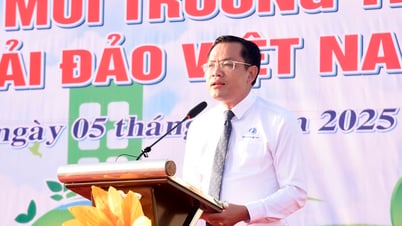


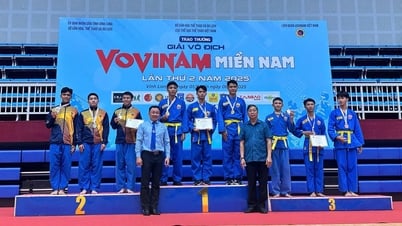
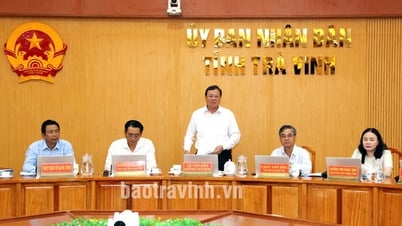
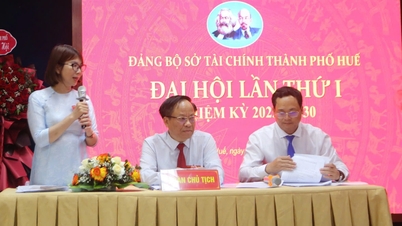
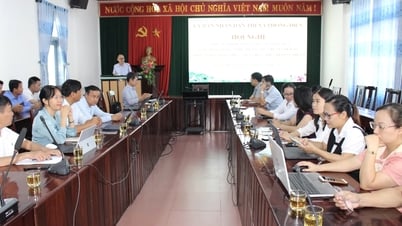






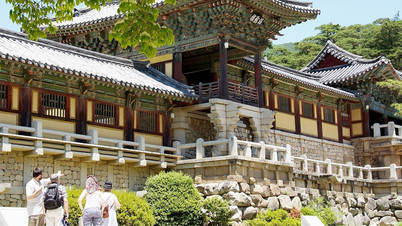
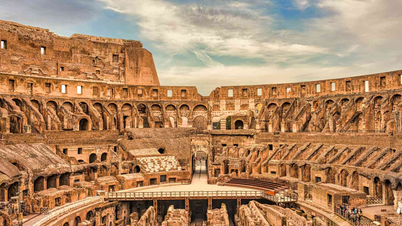














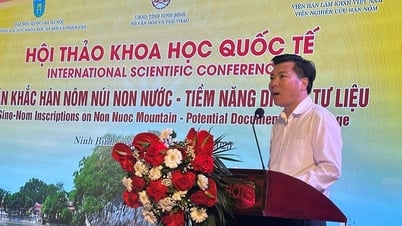



















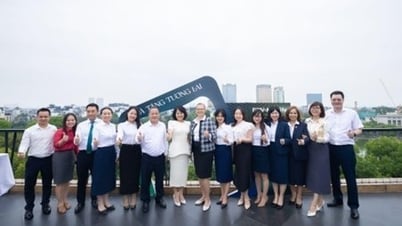
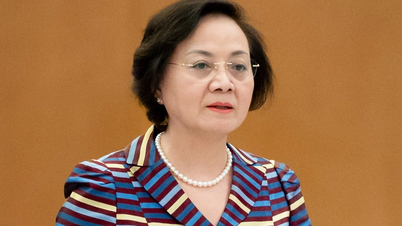
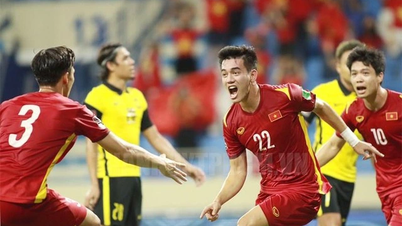
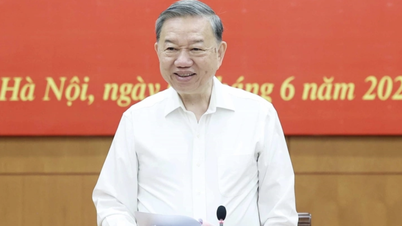















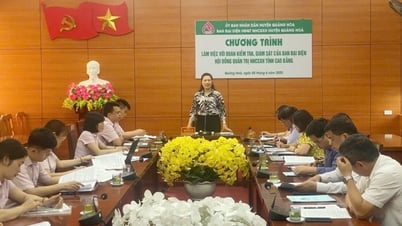

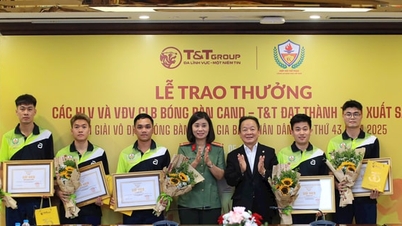











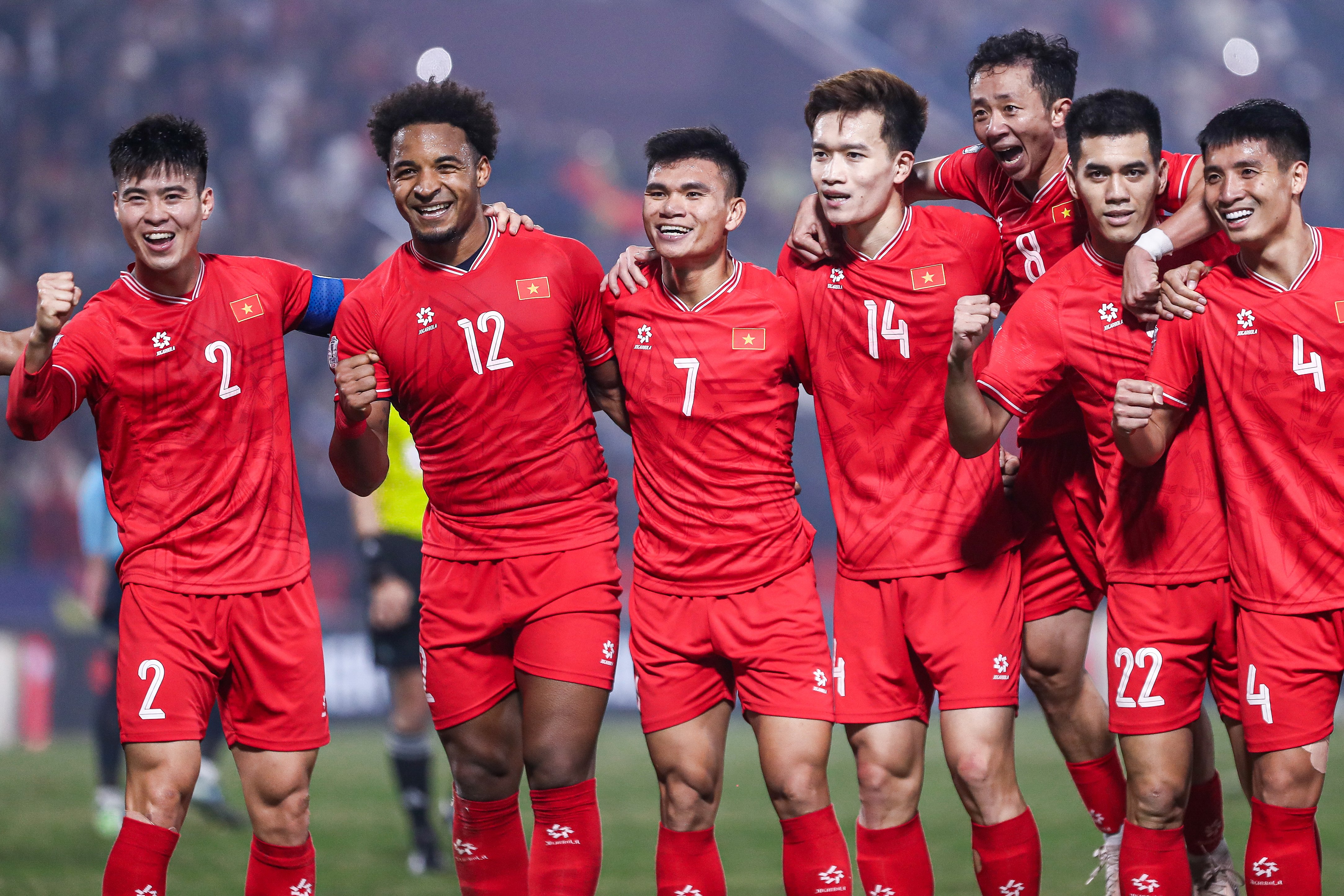
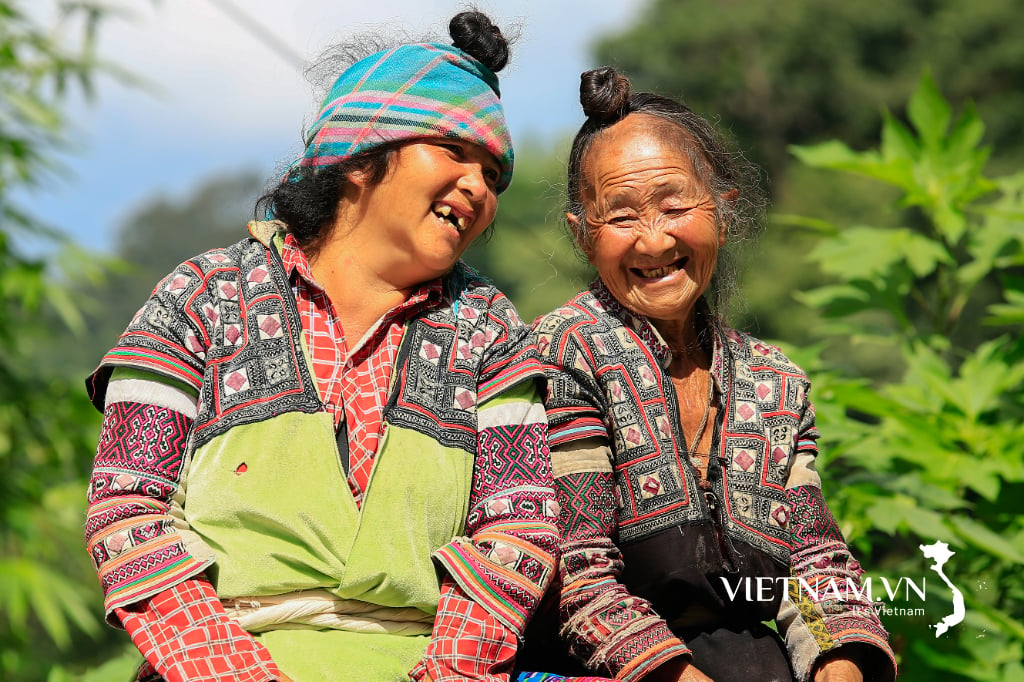

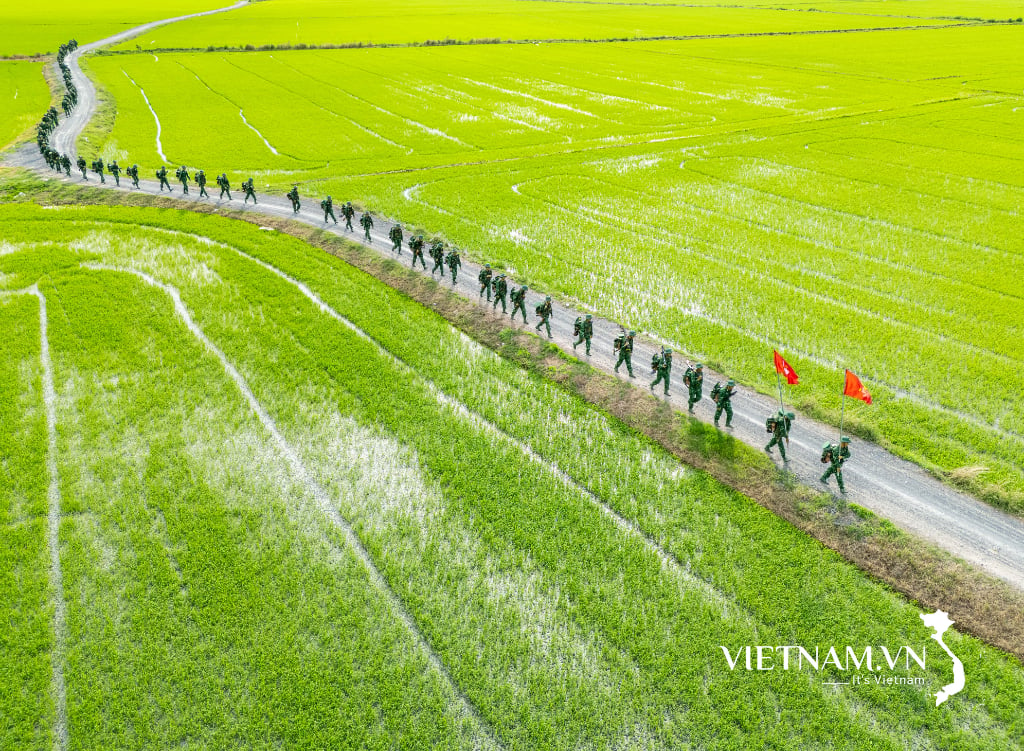
Comment (0)